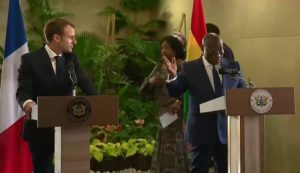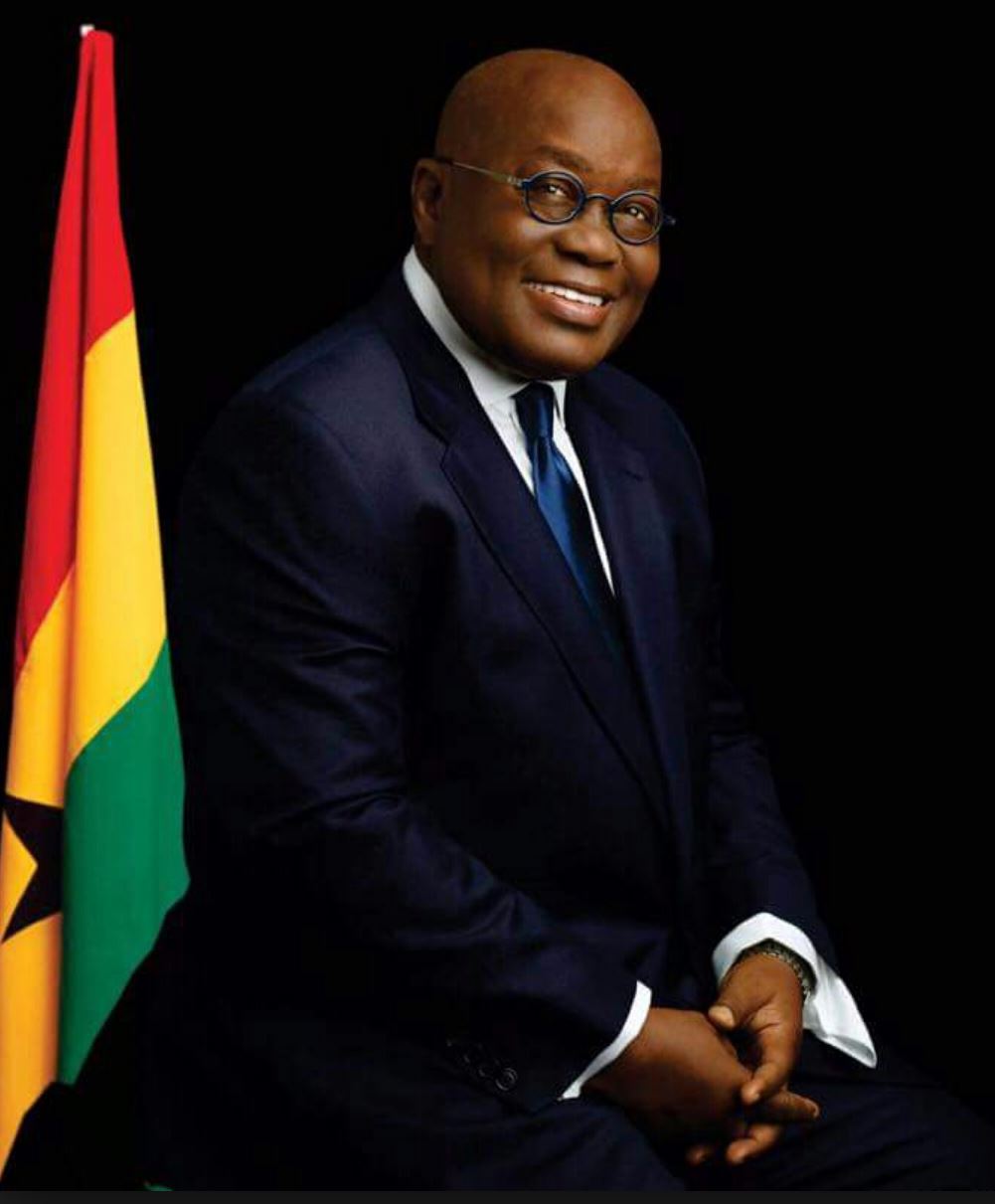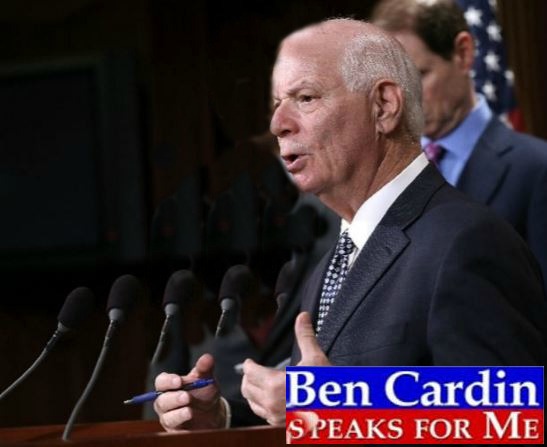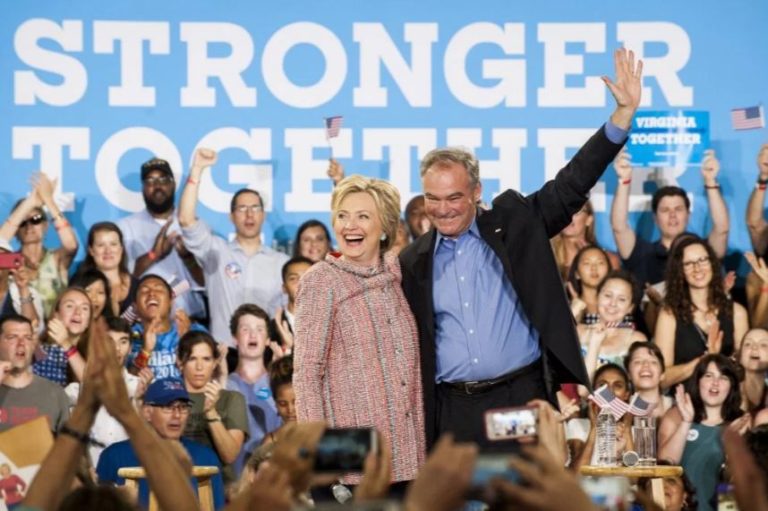“Beggar Continent, No More!”, Ghanaian President Nana Akufo-Addo
Today, Africa is a Continent of COMPETING BEGGAR NATIONS. We vie with one another for favours from our former colonial masters; and we deliberately fall over one another to invite neocolonialists to come to our different territories to preside over our economic fortunes…
… We may continue and indeed we will be right to continue to use the power and influence which sovereignty confers, as well as the tactics and manoeuvres which international diplomacy legitimatises, to extract more and more alms from our benefactors. But the inherent evil remains—and it remains with us and with no one else: unless a beggar shakes off and irrevocably turns his back on, his begging habit, he will forever remain a beggar. For, the more he begs the more he develops the beggar characteristics of lack of initiative, courage, drive and self-reliance. — Chief Obafemi Awolowo, Nigerian nationalist, author and statesman in in 1967, at the 4th Summit meeting of the Organization of African Unity.
The best way America can help Africa is by letting Africa help itself, and by making sure the culture of panhandling on the continent is permanently ended. The Trump administration should provide aid to African regimes only if they meet stringent conditions of accountability and transparency. Alemayehu G. Mariam, The Hill, March 9, 2017
=============================================================
Author’s Note: For over a decade, I have advocated against the culture of panhandling and international aid hustling by so-called African leaders. For the past quarter of a century, the Mafia-style bosses of the Thugtatorship of the Tigrean Peoples Liberation Front (T-TPLF) in Ethiopia have been polishing off their begging bowls and making a beeline to the U.S. and Western countries to do their annual panhandling rounds while fantasizing about “double-digit growth over the past decade” and twiddling their thumbs about an imaginary “middle-income country” by 2025.
Western aid has reduced Ethiopia to what I called the “Baksheesh (Beggar) State”. The T-TPLF “baksheesh state” is a predictable mutation of the garden variety African kleptocracy where political power is a means for public officials and elite members of the ruling class to accumulate personal wealth by privatizing and plundering the public treasury and resources at the expense of the broader population.
Recently, Ghanaian President Nana Akufo-Addo, for the first time in all of Africa’s post-independence history, told the West to take their aid and shove it. More precisely, he told visiting French President Emmanuel Marcon, “We (Africans) have to get away from this mindset of dependence, and this mindset about what can France can do for us. France will do whatever it wants to do for its own sake.”
I have always been “envious” of Ghana. In fact, I was so envious, in July 2009, I wrote a comparative commentary, “What is it the Ghanaians got, We Ain’t got?”
Ghana is the African poster country for the triumph of multiparty democracy, stability and economic growth in Africa. Ethiopia is the African poster country for famine, beggary and police state repression. Ghanaians enjoy the rule of law; Ethiopians suffer under the rule of bush thugs.
In Ghana, the media, including foreign media, operate freely and internet access is uncensored. Citizens express their opinions without fear of government retaliation. In 2008, Ghana (population 23 million) ranked 31/173 countries worldwide on World Press Freedom Index and 26/170 in 2017. Ethiopia ranked 142/180 in 2008 and in 150/170 in 2017.
Ghana has an independent judiciary. In Ethiopia, the T-TPLF has the judiciary in its back pockets.
Ghana has competitive political parties. In Ethiopia, the T-TPLF has decimated political parties and jailed opposition leaders.
Tribal and ethnic parties are illegal in Ghana under Article 55 (4) of their constitution. The T-TPLF has created the quintessential tribal state in Africa (which it calls “nations, nationalities and peoples”) segregated in tribal homelands called “kilils” or “kililistans, much like apartheid South Africa’s Bantustans or black homelands.
Ghana has an independent electoral commission. The T-TPLF’s electoral commission certified the 100 percent electoral victory of the T-TPLF in 2015.
Civil society institutions in Ghana are vital social forces and play a critical role in legal and political reforms and grassroots advocacy.
Ghana has a relatively high degree of transparency and accountability. In 2012, The World Bank issued a 417-page comprehensive review of corruption in Ethiopia in a volume entitled, “Diagnosing Corruption in Ethiopia.”
In October 2015, I could no longer contain my envy. So, I wrote a confessional commentary, “Why Can’t Ethiopia Become Like Ghana?”.
For over a decade, I have been arguing that Western aid to Ethiopia and rest of Africa creates a moral hazard. Many African regimes today simply avoid the demands of good governance, ignore the rule of law and commit gross violations of human rights in the belief that Western aid, particularly American taxpayer handouts, will always bail them out of their chronic budget deficits and replenish their empty grain silos. Stated simply, Western taxpayer dollars provide the fail-safe insurance policy for the survival and persistence of failed regimes in Africa.In my March 2017 commentary, I argued, “Trump’s suspicion of foreign aid to Africa is right on the money.” I insisted the best way America can help Africa is by letting Africa help itself, and by making sure the culture of panhandling on the continent is permanently ended.
In July 2017, in my commentary in The Hill, “Trump’s Africa policy should end US aid to dictators, rights abusers”, I argued continuing with aid business as usual in Africa will not enhance American security; it only creates an untenable moral hazard.
In March 2017, in my commentary in The Hill, “Trump’s suspicion of foreign aid to Africa is right on the money”, I urged an end to USAID’s philosophy of ending “extreme poverty” in Africa by maintaining a large welfare program of food assistance, balance of payment and general budget support and rural income support programs and providing other “development” aid for African countries.
Indeed, that is precisely what President Akufo-Addo is arguing.
After I heard President Nana Akufo-Addo, who took office in January 2017, lecture President Marcon about what to do with Western aid, my envy has been replaced by renewed hope that Africa the hopeless now has hope. It is unheard of for any African leader to bite the hand that feeds. But that is exactly Nana’s point. Africans are not dogs who live by the charity of their masters. Africans have vast resources. How is it possible for them to be the richest beggars in the world? Nana declared, “We have huge wealth on this continent, and in our own country of Ghana we need to have a mindset that says, ‘We can do it. Others have done it. We can also do it.’ And once we have that mindset, we’ll see there is a liberating factor for ourselves.”
Finally, I can say I have found an African leader who sees Africa Cheetahs [young people] (to borrow a word from Ghanaian economist George Ayittey) as dynamos of the continent, publicly rejects the stereotype of Africa as the beggar continent and is willing to stand up and say to his benefactor, “Take your aid and shove it!” We now have an African leader with the supreme self-confidence to say, “If the South Koreans, the Malaysians and Singaporeans can do it, so can we Africans, Ghanaians, Ethiopians…”
Chief Awolowo would have been so proud of Nana Akufo-Addo!
===============================================================
Remarks (video) of Ghanaian President Nana Akufo-Addo at a joint press conference in Accra with the visiting French president Emmanuel Macron.
……
I think there’s a fundamental misstatement of the issue and the question. We can no longer continue to make policy for ourselves and for our country and our region and our continent on the basis of whatever support the Western world or France or the European Union can give us. It will not work. It has not worked, and it will not work.
Our responsibility is to charter a path which is about how we can develop our nation’s ourselves. It is not right for a country like Ghana 60 years after independence to still have its health and education budgets being financed on the basis of the generosity and charity of European taxpayers. By now, we should be able to finance our basic needs ourselves.
And if we’re going to look at the next 60 years as a period of transition, a period whereby we can stand on our own feet, our perspective is not to be what the French taxpayer decides to do with whatever surpluses that they have in France. They are welcome. They are appreciated whatever intervention the French taxpayer through their government make to us are appreciated. We are not going to kick a gift horse in the mouth.
But this continent, with all that has happened, is still today the repository of at least 30% of the most important minerals of the world. It is a continent of vast arable and fertile lands. It has the youngest population of any of the continents in the world. So, it has the energy and the dynamism. We have seen it. These young men who are showing so much resilience and ingenuity in crossing the Sahara are finding ways to get around in rickety boats across the Mediterranean. Those energies, we want to have those energies working inside our countries. And we’re going to have those energies working in our countries if we begin to build systems that tell the young people of our country that their hopes their opportunity are right here with us.
Migration in the movement of people is being presented in a manner which suggest somehow it’s a new phenomenon. There’s nothing new about it. It is as old as man. And the movement of people has always been linked to the same thing: the failure of where you are to provide you with an opportunity.
So you move somewhere else. Those of you who are familiar with 19th century European history would know that the biggest wave of immigration in nineteenth-century Europe, the latter part of it, came from Ireland and from Italy, waves upon waves, generations of Italians and Irish people left their countries to seek the American Paradise largely because the island was not working. Italy was not working. Today you don’t hear it. Italian young people are in Italy. Irish young people are in Ireland.
We want young Africans to stay in Africa (applause). And it means that we have to get away from this mindset of dependence, and this mindset about what can France can do for us. France will do whatever it wants to do for its own sake.
But our main responsibility as leaders, as citizens is what we need to do to grow our own countries. Without institutions that work, that will allow us to have good governance, to have accountable governance, to make sure the monies that are placed at the disposal of leaders are used for the interest of the state and not those of the leaders. To have systems that allow for accountability that allow for diversity that allow for people to be able to express themselves and contribute to fashioning the public will and the public interest our concern should be with what do we need to do in this 21st century.
To move Africa away from being cap-in-hand and begging for aid, for charity, for handouts. The African continent when you look at its resources should be giving monies to other places. We have huge wealth on this continent, and in our own country of Ghana we need to have a mindset that says, “We can do it. Others have done it. We can also do it.” And once we have that mindset, we’ll see there is a liberating factor for ourselves. We keep talking about how it was that [South] Koreans, Malaysians, Singaporeans who got independence at the same time as us we were told that at the time of Ghanaian independence per capita gun in income was higher than [South] Korea. Today [South] Korea is part of the first world. So is Malaysia. So is Singapore.
Why have they made that transition and 60 years after independence we are where we are. Those are the matters that should concern all of us as Africans, as Ghanaians. And, not when I say so with the greatest respect for the French president, the corporation of France is something that I am as you know strong friend of France. I am Francophile. So, I don’t have any difficulty with that. But what I’m talking about is our own propulsion, what we need to do to get our countries to work, to create the conditions to allow our young people to forego this hazardous effort to get to Europe. They’re all going there not because they want to. They’re going there because they don’t believe they have any opportunities and our countries. So, that should be our focus.
And I believe that if we change that mindset, that mindset of dependence that mindset which is contingent on aid and charity, we will see in the decades ahead of us the full flowering of the African peoples will take place. And that new African personality that was talked about at the time of independence will become real and imminent.
That’s what I’m saying, and I hope I’m not upsetting the questioner or even some of my friends who are here. But these are my strongly held beliefs. And it is the reason why have adopted as a slogan of my presidency, my period in the supreme office of Ghana, that we want to build a Ghana beyond aid. A Ghana which is independent, which is self-sufficient that is capable of standing on its own feet and building its own life. We can do it if we have the correct mindset to do so. Mr. President [Marcon], those are my contributions (applause).
//




